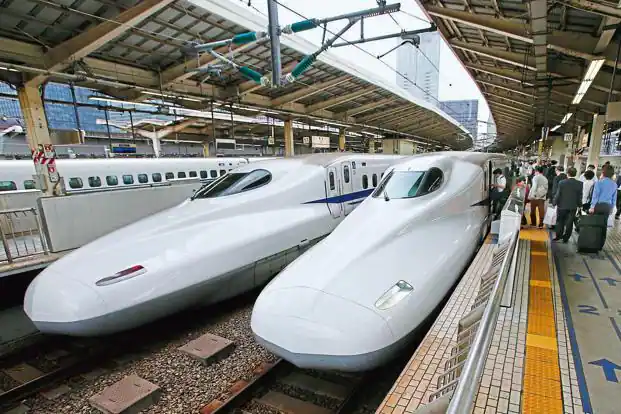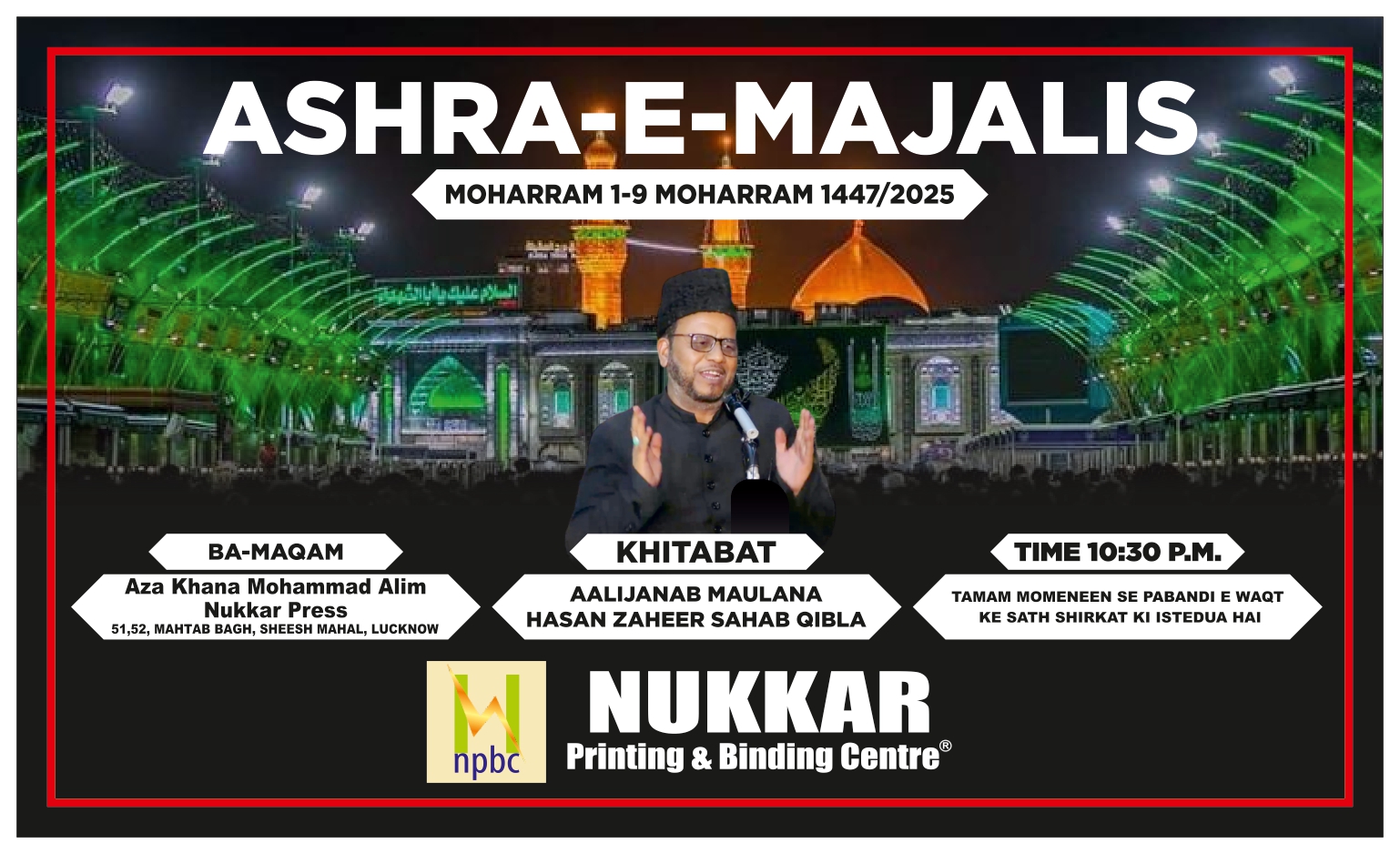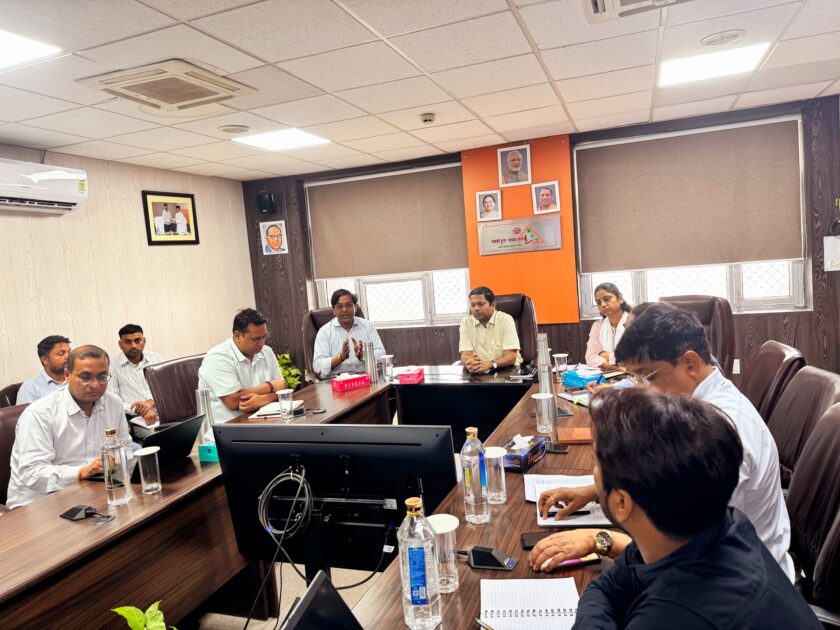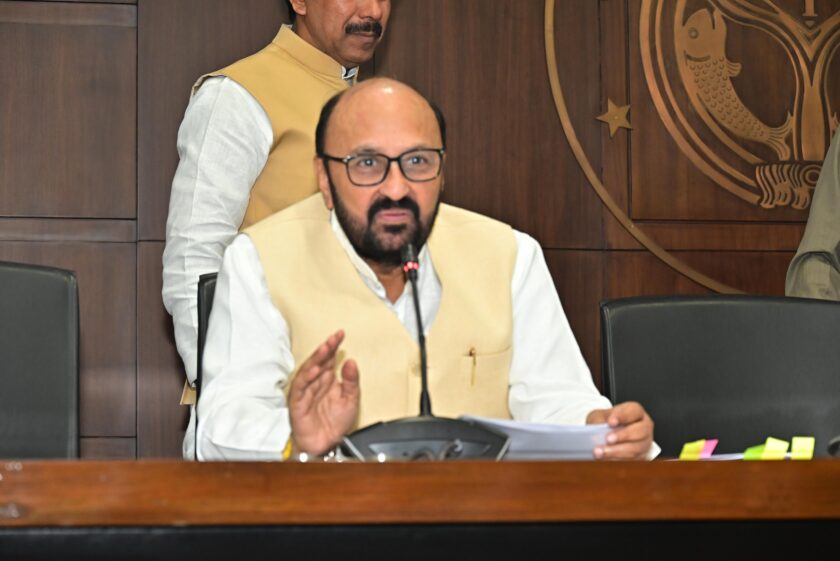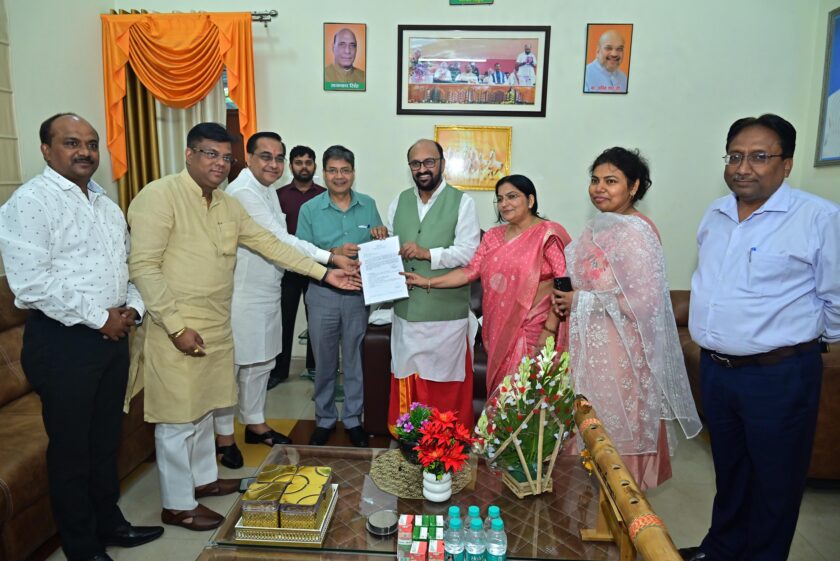“A bullet train really shortens travel times so dramatically that someone who lives 150 kilometers from Mumbai may reach the Bandra Kurla complex in 20 minutes. Consider housing, property, and traffic relief. Watch how urbanization develops. There was discussion when we first began this initiative,” he said.
The EAM noted that under the Atal Bihari Vajpayee-led NDA administration, some citizens had voiced concerns even before the first metro train arrived in India.
It’s interesting to note that Atal Ji was in charge when the first metro arrived in Japan. Many questioned whether a metro was necessary at that time as well. Since all of you are from Mumbai, tell me whether the metro is necessary or not. Imagine the traffic jams on our streets now if the Atal Ji-led administration hadn’t made that choice back then, the speaker said.
He said that working with Japan would enable the project to go more quickly.
“I bring up the bullet train because, let’s face it, it won’t happen overnight. It will go much more quickly if you work with someone. However, intelligent people cooperate, take in information, and develop as well,” Jaishankar said.
The Foreign Minister had attacked the opposition parties earlier in the day, accusing them of “delaying” the bullet train project.

“We support the notion of building a bullet train. You now know who caused the bullet train delay. Thus, this demonstrates who is in support of technology, advancement, and the project and who is unmistakably opposed to it, Jaishankar said at a Mumbai function.
The first project in India is now being built. It will provide a connection between Ahmedabad and Mumbai. The endeavor got underway in 2017.
Railways Minister Ashwini Vaishnaw said earlier in February that the Maharashtra government, which was then headed by Uddav Thackeray, had slowed down the bullet train project during their mandate from 2019 to 2022.
In addition, he said that the first segment of the high-speed rail between Surat and Bilimora would open in July or August of 2026.

